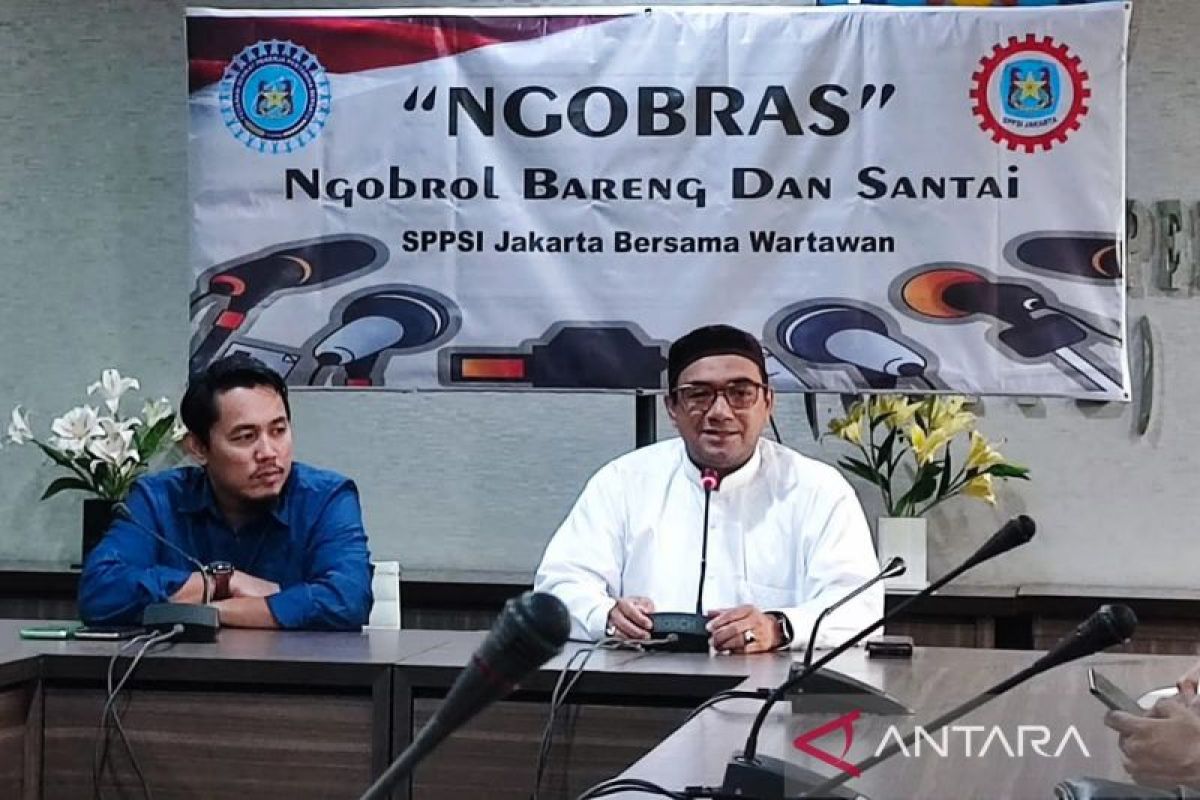
SPPSI Jakarta dorong revisi UU Migas
The Indonesian oil and gas industry is a crucial sector that plays a significant role in the country’s economy. The industry is regulated by the Oil and Gas Law (UU Migas), which provides the legal framework for exploration, production, and distribution of oil and gas resources.
Recently, the Indonesian Oil and Gas Service Providers Association (SPPSI) in Jakarta has been pushing for revisions to the UU Migas. The association believes that the current law is outdated and does not adequately address the challenges facing the industry today.
One of the key issues that SPPSI Jakarta wants to address is the lack of clarity in the regulations governing the oil and gas sector. The association argues that the current law is too vague and open to interpretation, leading to inconsistencies in its implementation. This lack of clarity hampers the industry’s growth and development, as companies struggle to navigate the complex regulatory environment.
SPPSI Jakarta also wants to see changes in the way oil and gas contracts are awarded. The association believes that the current system is not transparent and lacks competition, leading to inefficiencies and potentially corrupt practices. By revising the UU Migas to include more stringent regulations on contract awarding processes, SPPSI Jakarta hopes to promote fair competition and improve the overall efficiency of the industry.
Furthermore, SPPSI Jakarta is advocating for greater involvement of local companies in the oil and gas sector. The association argues that foreign companies dominate the industry, leaving little room for local companies to grow and thrive. By revising the UU Migas to include provisions that promote the participation of local companies, SPPSI Jakarta hopes to create a more level playing field for all players in the industry.
Overall, the push for revisions to the UU Migas by SPPSI Jakarta is a positive development for the Indonesian oil and gas industry. By addressing key issues such as regulatory clarity, contract awarding processes, and local participation, the revisions have the potential to unlock the industry’s full potential and drive sustainable growth. It is crucial for the government to work closely with industry stakeholders to ensure that the revisions are well thought out and implemented effectively for the benefit of all parties involved.